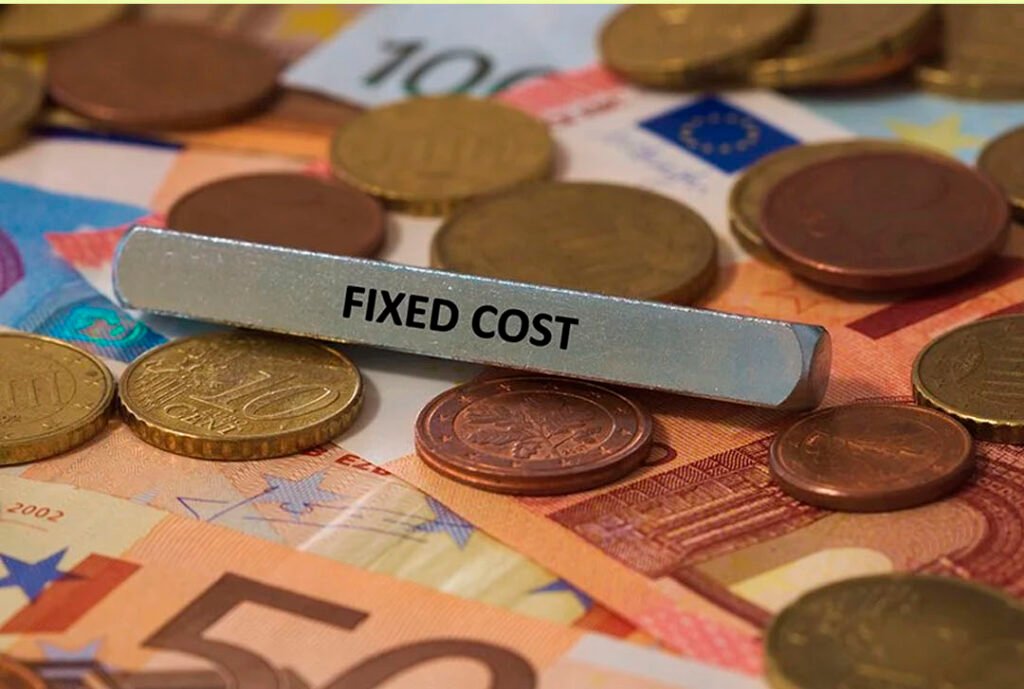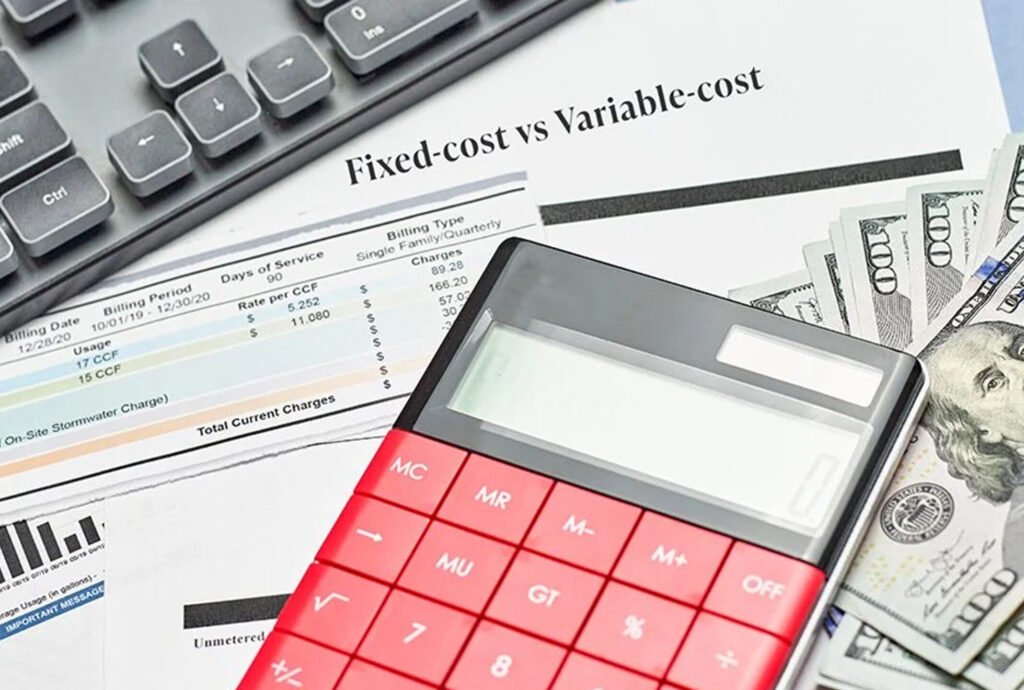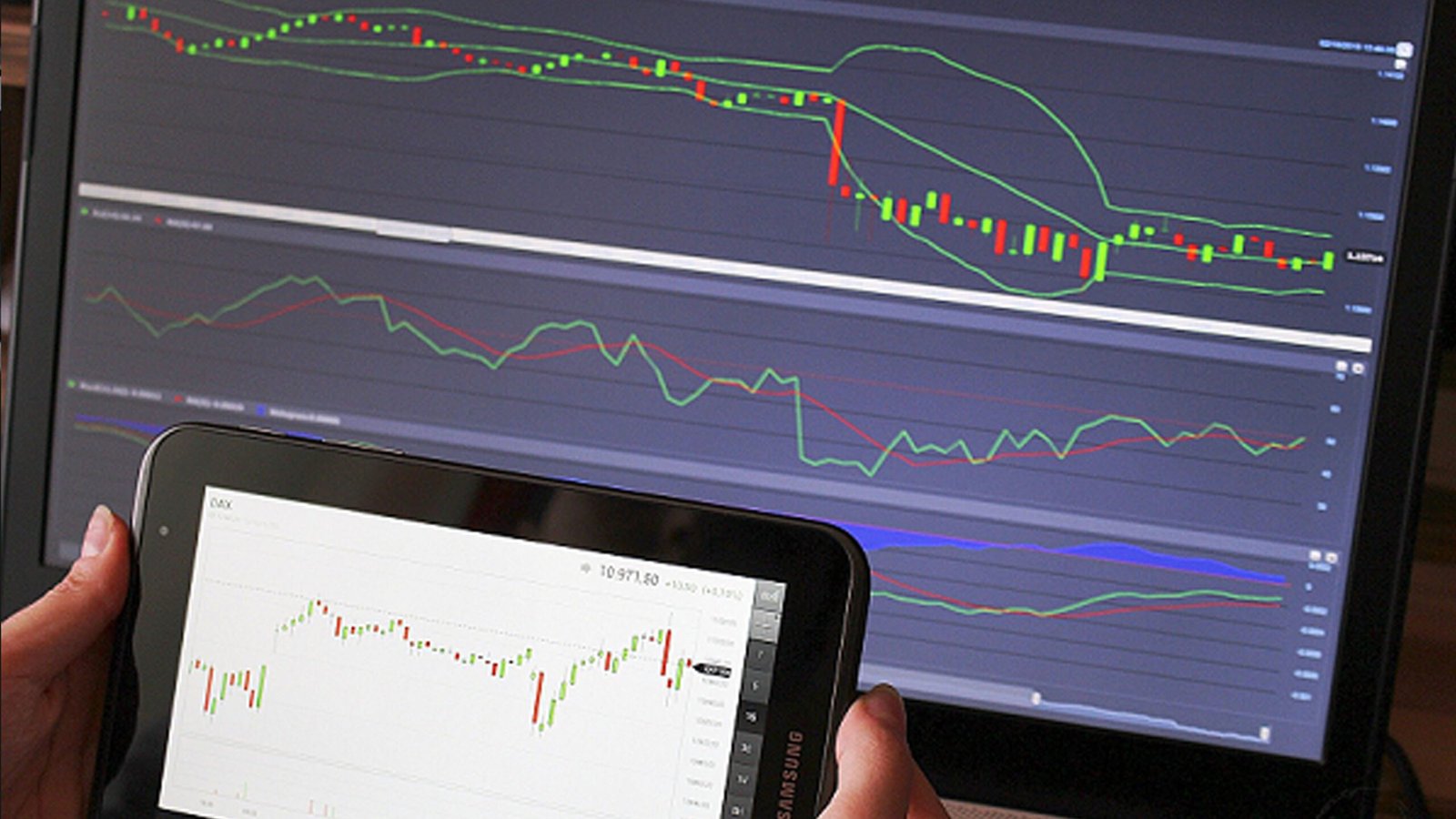Fixed Cost analysis
Fixed Cost analysis
What is a fixed cost?
The term fixed cost means a cost that does not change with the increase or decrease in the number of goods or services produced or sold. Fixed costs are expenses that must be paid by a business, independent of any specific business activity. this means that fixed costs are generally indirect since they do not apply to the production of goods or services of a company. Companies can generally have two types of costs, fixed or variable, which together translate into their total costs. Checkpoints tend to be applied to reduce fixed costs.
KEY POINTS
- Fixed costs refer to expenses that a business must incur, independent of any specific business
- These costs are fixed over a period of time and do not change with production levels.
- Fixed costs can be direct or indirect and can affect profitability at different points in the income statement.
- Businesses have interest payments as fixed costs which are a factor in net income.
- Cost structure management is an important part of business analysis that examines the effects of fixed and variable costs on a business as a whole.
Understanding Fixed Costs


Costs associated with doing business can be broken down into indirect, direct, and capital costs on the income statement and noted as current or long-term liabilities on the balance sheet. Fixed and variable costs make up the total cost structure of a business. Cost analysts analyze fixed and variable costs through various types of cost structure analysis. Costs are usually a key factor affecting total profitability.
Fixed costs are those that do not change over time. They are usually established by contractual or hourly agreements. These are the basic costs involved in the overall management of a business. Once established, fixed costs do not change during the life of a contract or cost schedule 2,
Fixed costs are allocated to the indirect costs section of the income statement which generates profit 3 L Depreciation is a common fixed cost that is recorded as an indirect expense. Companies create a depreciation schedule for investments in assets whose values decline over time. For example, a business may purchase machinery for a production assembly line that is expensed over time using depreciation. Another main fixed and indirect cost is that of executive salaries.
All fixed costs in the income statement are recognized in the balance sheet and the statement of cash flows. Fixed costs on the budget may be liabilities or short-term lengths.
Fixed Costs and Variable Costs
As stated above, fixed costs are all expenses incurred by a business that never change during running a business. Fixed costs are usually traded for a fixed period but cannot decrease on a per-unit basis when associated with the direct costs portion of the income statement, fluctuating in the composition of selling costs.
Variable costs, on the other hand, are costs directly associated with production and therefore change according to the company’s production. These costs may increase or decrease based on production levels or sales. Variable costs are typically associated with items such as raw materials and shipping costs.
Companies have some flexibility when it comes to allocating costs in their financial statements, and fixed costs can be charged to the income statement. The proportion of variable costs compared to the setting of a committed business and its missions may depend on its sector. Fixed costs that may be directly associated with manufacturing vary from company to company but can include costs such as direct labor and rent.

Examples of Fixed Costs
Fixed costs include several expenses, including rent, salaries, insurance, property taxes, interest charges, depreciation, and possibly some utilities
For example, someone is likely to start a new business with fixed charges for rent and executive salaries All types of businesses have fixed charge agreements that they check regularly. Although these fixed costs may change over time, the change is not related to production levels but rather related to new contractual agreements or programs.





